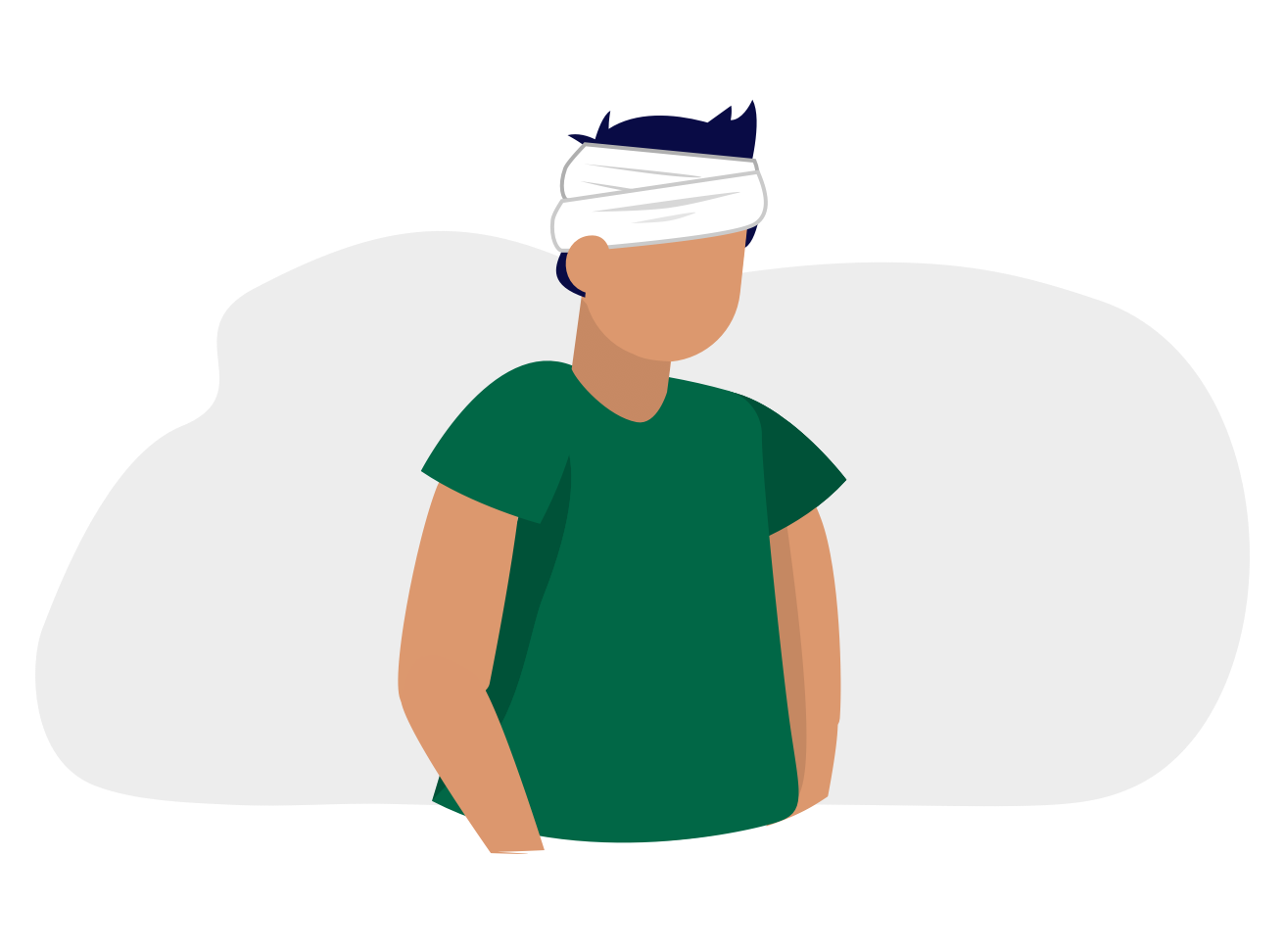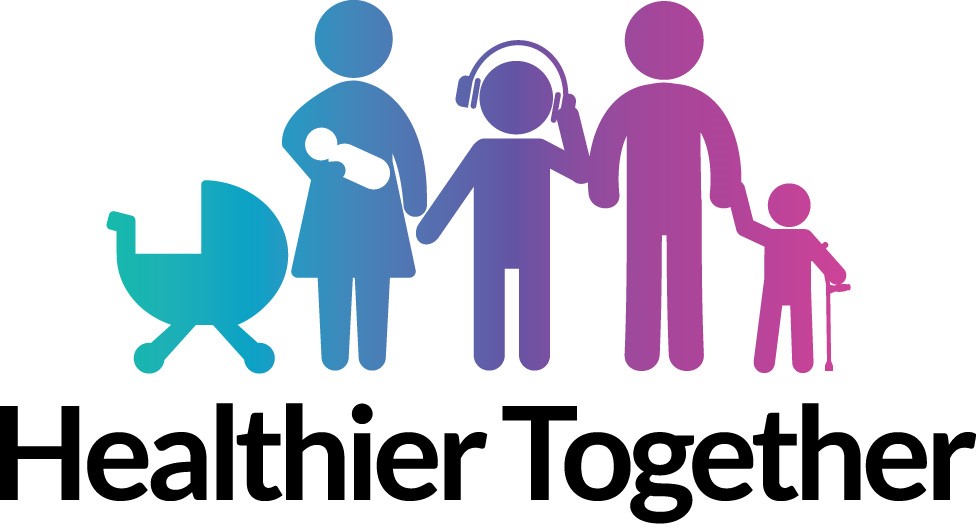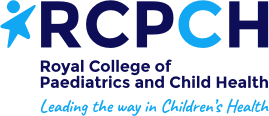 Self Care Self Care |
|
For wear and tear, minor trips and everything in between.
Self-care
You can treat your child's very minor illnesses and injuries at home.
Some illnesses can be treated in your own home with support and advice from the services listed when required, using the recommended medicines and getting plenty of rest.
|
Sound advice
Children can recover from illness quickly but also can become more poorly quickly; it is important to seek further advice if a child's condition gets worse.
More information on common childhood illnesses.
|
 Local Pharmacist Local Pharmacist |
|
Pharmacists are experts in many aspects of healthcare. They are the first port of call for minor ailments and can provide advice and medication (if needed) for a wide range of long term conditions and common ailments including coughs and colds.
Pharmacy First is a free service. You do not need an appointment and many pharmacies have a private consultation area.
Your pharmacist will let you know if you need further medical attention.
|
Sound advice
- Visit a pharmacy if your child is ill, but does not need to see a GP.
- Remember that if your child's condition gets worse, you should seek further medical advice immediately.
- Help your child to understand - watch this video with them about going to the pharmacy.
|
 Health Visitor Health Visitor |
|
Health visitors are nurses or midwives who are passionate about promoting healthy lifestyle and preventing illness through the Universal Health Visiting Pathway. They work with you through your pregnancy up until your child is ready to start school.
Your health visitor may be able to refer you on to other health professionals, for example if there are hearing or vision concerns.
Contact them by phoning your local health visiting team.
|
Sound advice
Health visitors also provide advice, support and guidance in caring for your child, including:
- Breastfeeding, weaning and healthy eating
- Exercise, hygiene and safety
- Your child’s growth and development
- Emotional health and wellbeing, including postnatal depression
- Safety in the home
- Stopping smoking
- Contraception and sexual health
- Sleep and behaviour management (including temper tantrums!)
- Toilet training
- Minor illnesses
For more information watch the video: What does a health visitor do?
|
 GP (General Practitioner) GP (General Practitioner) |
| GPs assess, treat and manage a whole range of health problems. They also provide health education, give vaccinations and carry out simple surgical procedures. Your GP will arrange a referral to a hospital specialist should you need it. |
Sound advice
You have a choice of service:
- Doctors/GPs can treat many illnesses that do not warrant a visit to the Emergency Department.
- For minor injuries such as cuts that need stitches, broken bones, sprains and minor burns in children aged 5 or over, go to one of our Minor Injury Units (MIU).
|
| |
| If you’re not sure which NHS service you need, call NHS 111. An adviser will ask you questions to assess your symptoms and then give you the advice you need, or direct you straightaway to the best service for you in your area. |
Sound advice
Use NHS 24 if you are unsure what to do next, have any questions about a condition or treatment or require information about local health services.
|
 Emergency Department Emergency Department |
| Emergency departments provide vital care for life-threatening emergencies, such as loss of consciousness, suspected heart attacks, breathing difficulties, or severe bleeding that cannot be stopped. If you’re not sure it’s an emergency, call NHS 111 for advice. |
Sound advice
- Many visits to the Emergency Department and calls to 999 could be resolved by any other NHS services.
- If your child's condition is not critical, choose another service to get them the best possible treatment.
- Help your child to understand – watch this video with them about going to the Emergency Department or riding in an ambulance
|






 Self Care
Self Care Local Pharmacist
Local Pharmacist Health Visitor
Health Visitor GP (General Practitioner)
GP (General Practitioner) Emergency Department
Emergency Department
